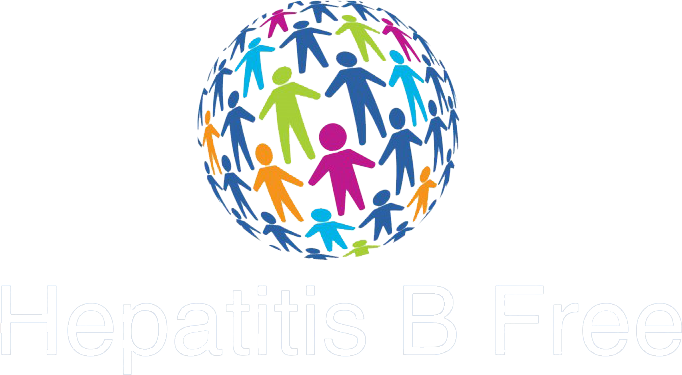DPRK Trip Report – June 2018
Almost two years since the first patients were started on hep B antiviral medicines in the DPRK, volunteer teams have been returning four times each year. During these clinics, the international and local doctors see patients together, monitoring their response to treatment and starting new patients on treatment. Gastroenterology advanced trainee Robyn Laube describes her impressions during the June 2018 trip.
Since our scheduled trip in March was unable to proceed due to the political circumstances, our June trip was the first this year. It was long awaited by both the hepatitis B patients and the local doctors. Together with Christian Friends of Korea (CFK), over seven days we saw a total of 978 patients across three different cities. Our joint team consisted of Heidi, Terry, Marcia and Stone and five doctors (Alice, David, Sissel, Christine, and myself).
Our clinics in Pyongyang and Kaesong are now well established and beginning to pick up pace, and this trip marked the first time we saw patients in Haeju. Haeju is located three hours south of Pyongyang by road, a beautiful drive through rice paddies, cornfields and breath-taking mountain ranges.
The electricity for our clinic was provided by a portable generator, and the water for the hospital was sourced from a single pump previously donated by CFK. The hospital laboratory contained only basic equipment such as test tubes and pipettes. Plans are currently underway to construct a new building for the hospital, including a well-equipped laboratory.
The patients in Pyongyang and Kaesong are now more familiar and comfortable with our program. They greeted us with warmth and smiles, remarking that they were happy to see us and had been looking forward to our arrival. It was heartwarming to see their faces light up as they saw their blood tests improving, signifying the success of their antiviral therapy.
The local doctors are eager to learn and have a fantastic sense of ownership of their patients. Despite their limited resources, they do whatever they can for their patients. They enjoyed having this opportunity to ask questions and practice their English skills as well as their hepatitis knowledge. They even took time out to play a game of basketball with us outside the hospital!
Our next visit in September will mark two years since the first patients were commenced on therapy, and already we cannot wait to return!
Report by Robyn Laube
